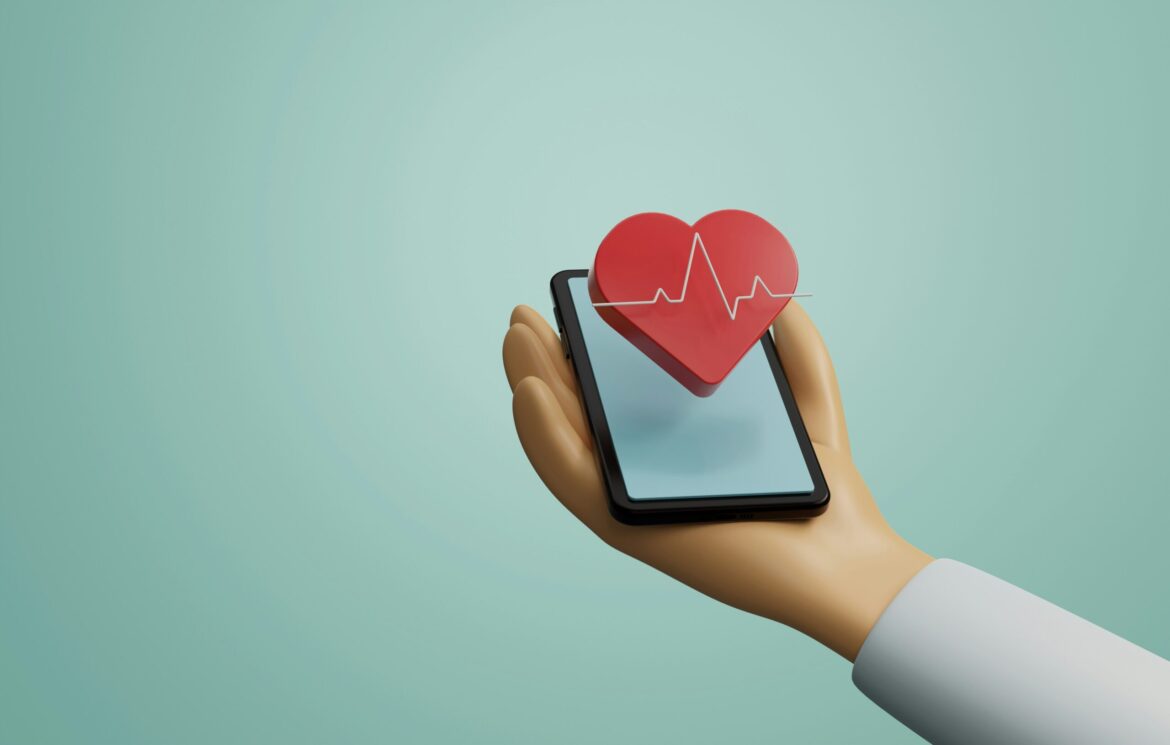March 8, 2025
In 2025, artificial intelligence (AI) is making waves in the health and wellness sector, with an increasing number of Americans turning to AI-powered health apps to monitor and improve their well-being. On March 8, 2025, reports revealed that these digital health tools are becoming a vital part of daily life, as millions of users adopt them to track everything from physical fitness and nutrition to mental health and sleep patterns.
The growing popularity of AI-driven health apps reflects a larger trend of personal empowerment, where individuals are increasingly taking control of their health outside of traditional medical settings. These apps use advanced AI algorithms to analyze data from wearable devices, sensors, and user input to provide tailored recommendations, insights, and real-time feedback. They are designed to help users set and achieve personal health goals, manage chronic conditions, and maintain overall well-being.
“AI health apps are no longer just about tracking steps or counting calories; they are about personalizing care,” said Dr. Emily Harris, a leading researcher in digital health. “By analyzing a user’s lifestyle, habits, and preferences, these apps can offer actionable advice that’s uniquely suited to their needs, whether it’s adjusting their workout, diet, or mental health practices.”
One of the most significant areas where AI-powered health apps are making an impact is in fitness and physical health. Wearable devices like smartwatches and fitness trackers, combined with AI apps, now allow users to track everything from heart rate and steps to calorie expenditure and muscle recovery. These tools are being integrated into personalized fitness regimens that adjust in real-time based on progress and performance. Users can receive customized workout plans that evolve with their capabilities, ensuring continuous improvement while minimizing injury risk.
In addition to fitness, mental health is a major focus for AI health apps. With stress, anxiety, and depression affecting millions of Americans, AI-powered mental health apps are offering users virtual therapy sessions, mood tracking, guided meditation, and cognitive behavioral therapy (CBT) techniques. These apps can detect changes in a user’s mood or behavior and prompt them to engage in practices that help manage mental health, such as mindfulness exercises or stress-reduction activities.
Sleep management is another area where AI-driven apps are helping users make informed decisions about their rest patterns. By syncing with sleep trackers, these apps can analyze sleep data and offer insights into factors like sleep quality, duration, and the impact of habits like caffeine consumption or screen time before bed. Some apps even offer personalized suggestions on how to improve sleep hygiene, which is crucial to both physical and mental health.
Moreover, AI’s ability to integrate with other health data is leading to improved disease prevention and management. Some health apps now allow users to upload medical records, track prescription medications, and even monitor chronic conditions like diabetes or hypertension. These apps can send reminders for medication and doctor appointments, and provide ongoing guidance on managing symptoms or maintaining a healthy lifestyle in the context of specific health conditions.
The growing integration of AI into personal health management has raised questions about data privacy and security. As more people share sensitive health data through these apps, ensuring that this information is securely stored and protected has become a priority for developers. Many health app providers are working to meet the stringent requirements of data protection regulations and offering users more control over their personal information.
As AI-powered health apps continue to evolve, the future of healthcare is poised to become more personalized, accessible, and proactive. For many Americans, these tools are not just a passing trend—they are becoming a central part of how they take care of their physical, mental, and emotional health. As the integration of AI and digital health deepens, 2025 marks the beginning of a new era in personalized well-being, where technology plays an essential role in maintaining and improving individual health.


